SUMMARY
This is AI generated summarization, which may have errors. For context, always refer to the full article.
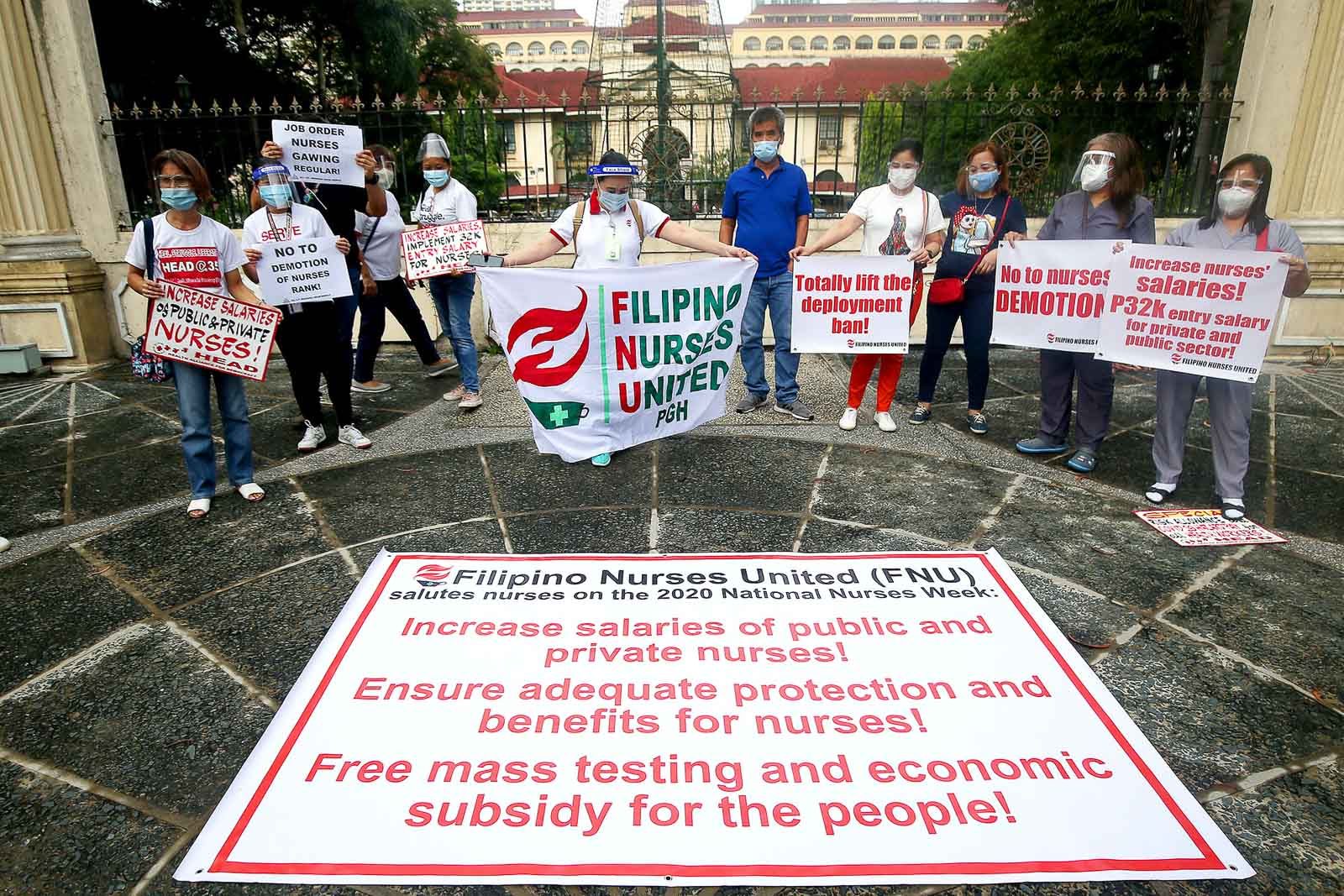
The labor department, the overseas employment administration, and a nurse group called for the lifting of or at least an amendment to the Philippines’ healthcare workers deployment cap during a House hearing on Thursday, July 29.
However, there was no decision-maker present to listen to them.
According to Trade Union Congress of the Philippines (TUCP) Representative Raymond Mendoza, the national government’s Inter-Agency Task Force for Emerging Infectious Diseases (IATF) failed to send a representative to the House committee on overseas workers affairs’ hearing on the situation of overseas Filipino workers (OFWs) for the second time.
The annual cap on the overseas deployment of healthcare workers, which is currently set at 6,500 a year, was part of the agenda Thursday.
The IATF raised the cap from the initial 5,000 after Labor Secretary Silvestre Bello III had called for an increase, but the 6,500 was a far cry from the 10,000 Bello proposed. The government imposed the cap to ensure that there would still be enough healthcare workers to attend to the COVID-19 cases in the Philippines.
Two government agencies responsible for the welfare of OFWs suggested to amend the deployment cap.
“The DOLE (Department of Labor and Employment) and the POEA (Philippine Overseas Employment Administration) [are] requesting for another increase in the ceiling as a way of helping our healthcare workers find employment abroad,” said POEA Deputy Administrator Aristodes Ruaro.
Eleanor Nolasco from the Filipino Nurses United called the number “arbitrary” and disadvantageous to the sector.
“Though nag-increase ng 1,500, parang ang arbitrary ng figure at hindi makatarungan. Kasi ang dami nang nurses na nakapag-process ng papers at gumastos na. Kaya ang kahilingan namin, i-lift ‘yung ban sa deployment,” Nolasco said.
(Although the cap was increased by 1,500, the figure seemed arbitrary and unjust. So many nurses had already processed papers and spent money. We appeal for the lifting of the deployment ban.)
Healthcare workers for overseas deployment who are under government-to-government labor agreements are not counted in the 6,500 ceiling.
Absent
During the hearing, Bayan Muna Representative Ferdinand Gaite questioned how the deployment cap was determined. He also asked for average deployment figures and how they coincide with the 6,500 figure.
According to Raquel Bracero of the Philippine Association of Service Exporters, Inc. (PASEI), an average of around 17,000 to 20,000 healthcare workers leave the country annually to work abroad. Of this number, 80% are nurses.
“Iniipit natin ang ating mga healthcare workers (We’re putting our healthcare workers in a difficult place). We don’t provide sufficient wages nor security of tenure,” said Gaite.
But there was no IATF representative present in the hearing to respond to the concerns. There was a Department of Health representative, Joel Buenaventura, but he said he ran the department’s health human resources bureau and was not privy to the deployment cap discussions.
House committee secretary Christopher Lomibao said they invited the IATF to Thursday’s hearing, but when they followed up on the invitation, the task force did not respond regarding who to send as representative.
Appearing irked, Mendoza, who chairs the committee, asked Lomibao to write to the IATF to “make sure that they will appear” in a future hearing. Otherwise, the committee would use its enforcement powers.
“We do not like to threaten them, but they’re wasting our time, my time, and the time of all these resource persons who wanted this particular problem [to] be addressed,” said Mendoza.
Nurse groups have long been lobbying against the deployment ceiling.
The Philippines is one of the world’s major sources of nurses. In 2019, almost 17,000 Filipino nurses signed overseas work contracts, according to government data.
PASEI estimated a total income loss of P250 million per month from the 3,500 workers it surveyed who said they were affected by the deployment cap.
“This amount is significant because it affects not just the family of the worker, but also the Philippine economy because of non-deployment,” said Bracero. – Rappler.com
Add a comment
How does this make you feel?


![[Time Trowel] Evolution and the sneakiness of COVID](https://www.rappler.com/tachyon/2024/02/tl-evolution-covid.jpg?resize=257%2C257&crop=455px%2C0px%2C1080px%2C1080px)




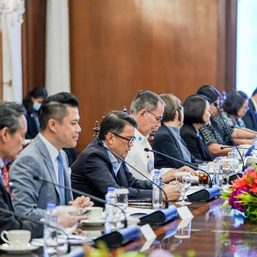
![[OPINION] The First Mode conundrum](https://www.rappler.com/tachyon/2024/03/tl-first-mode-conundrum-03232024.jpg?resize=257%2C257&crop=283px%2C0px%2C720px%2C720px)
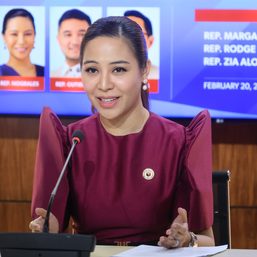
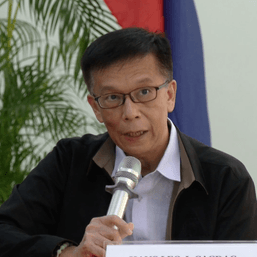





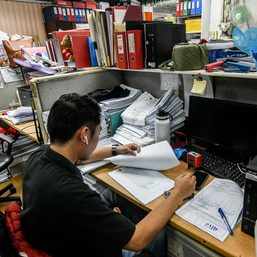
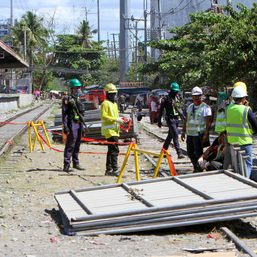
![[ANALYSIS] A new advocacy in race to financial literacy](https://www.rappler.com/tachyon/2024/04/advocacy-race-financial-literacy-April-19-2024.jpg?resize=257%2C257&crop_strategy=attention)
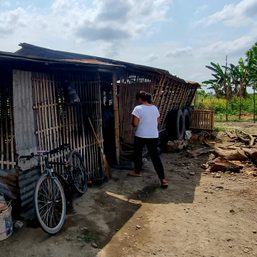
There are no comments yet. Add your comment to start the conversation.